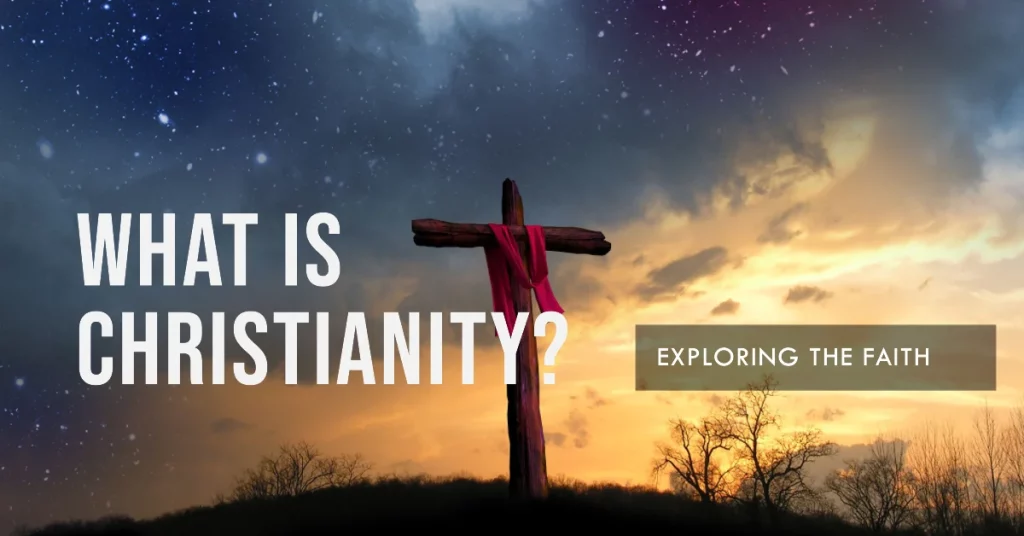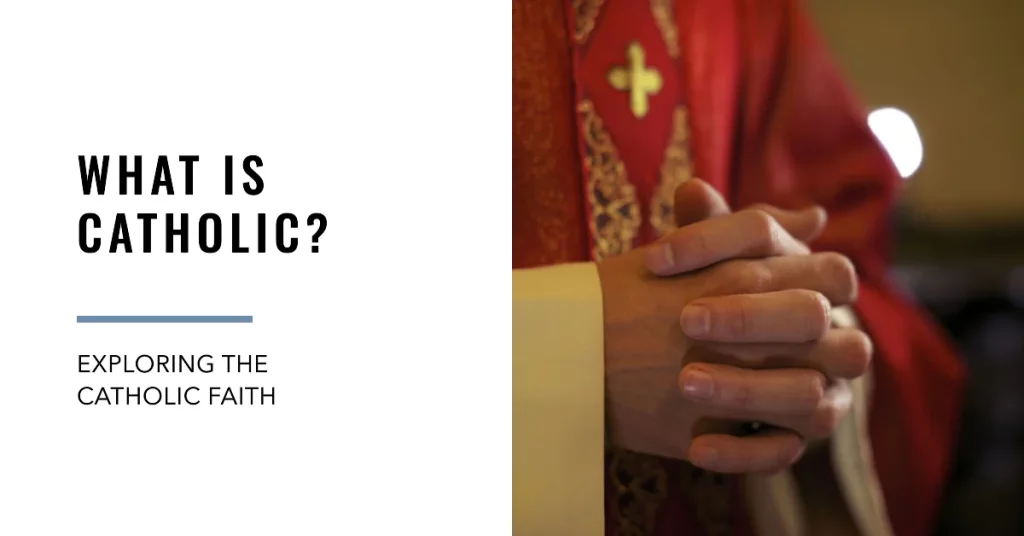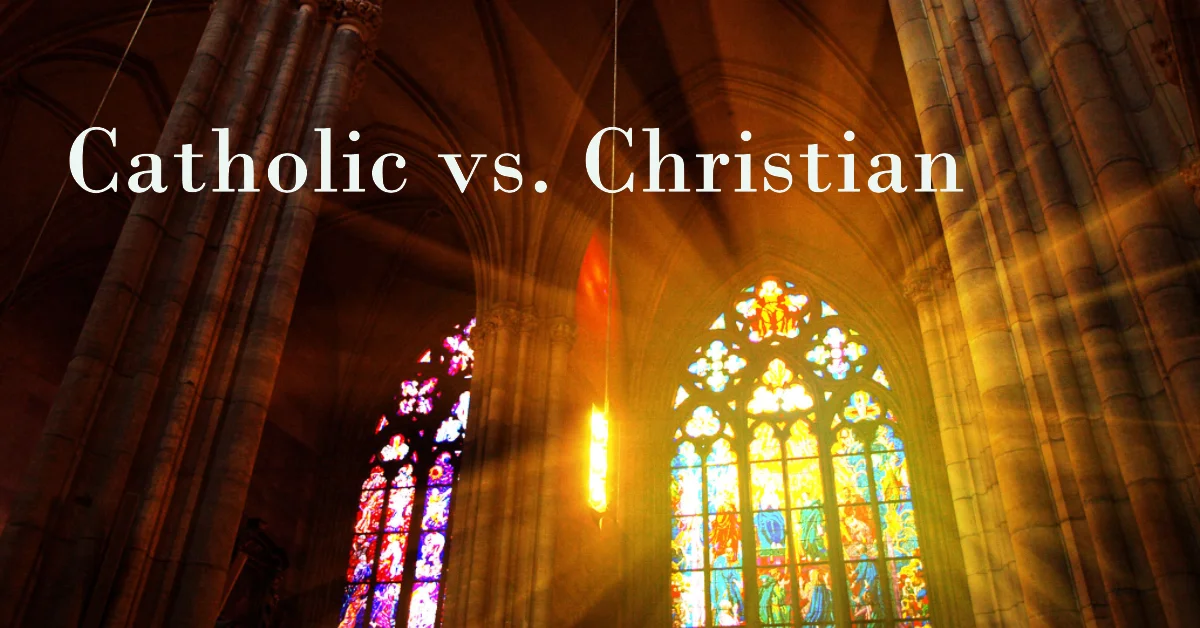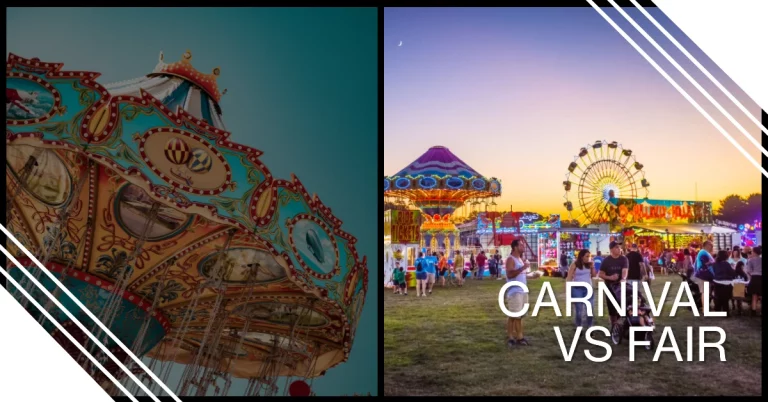What’s the difference between catholic and christian
Did you know what’s the difference between catholic and christian? Both terms often mistakenly use interchangeably, but they have distinct meanings. All Catholics are Christians, but not all Christians are Catholics. Catholicism is a branch of Christianity have 1.3 billion members worldwide. Let’s look at their beliefs, practices, and traditions for better understand these two religious terms.
Christianity: Overview
Christianity is a religion based on the teachings of Jesus Christ, who Christians believe is the Son of God. Christians believe on the Holy Trinity, consisting of God the Father, Jesus Christ (God the Son), and the Holy Spirit.

There are various branch within Christianity, each with its specific beliefs and practices. Two of the major branches are Protestantism and Eastern Orthodoxy.
Beliefs
- Salvation through faith in Jesus Christ
- The Bible as the inspired word of God
- The Holy Trinity
- Jesus Christ’s death and resurrection for the forgiveness of sins
Practices
- Prayer and worship
- Obedience to biblical teachings
- Baptism and communion
- Sharing the faith with others
Traditions
- Celebrating Christian holidays like Christmas and Easter
- Participating in worship services
- Reading and studying the Bible
- Formation of local churches and communities
Catholicism: Overview
Catholicism, also known as Roman Catholicism, ts roots back to the teachings of Jesus Christ. Its largest branch of Christianity, boasting over one billion members worldwide. The Catholic Church is led by the Pope, who are spiritual guider for Catholics all around the world. The Pope is also known as the bishop of Rome.

Beliefs
- Salvation through faith in Jesus Christ and good works
- The Bible and sacred traditions as sources of divine revelation
- The Pope as the Vicar of Christ on Earth
- The importance of the seven sacraments
- Veneration of the Virgin Mary, saints, and angels
Practices
- Regular participation in Mass
- Receiving the Eucharist (Communion)
- Confession and penance
- Praying the Rosary and novenas
- Observance of the liturgical calendar and holy days
Traditions
- Elaborate rituals and ceremonies
- Organizations like the Knights of Columbus and the Legion of Mary
- Patron saints and feast days
- Catholic schools and hospitals
Similarities and Differences
Similarities
- Both Catholicism and Christianity believe in the Holy Trinity, salvation through Jesus, and the sacredness of the Bible.
- Both engage in prayer and worship, as well as the celebration of Christian holidays.
- Both promote community and the formation of local churches.
What is the difference between catholic and christian
The main differences between Catholicism and other Christian denominations include:
- Authority: Catholics acknowledge the Pope as the ultimate authority on matters of faith and morals, while other Christian denominations do not.
- Sacraments: Catholics recognize seven sacraments (Baptism, Eucharist, Confirmation, Penance, Marriage, Holy Orders, and Anointing of the Sick), whereas other Christians typically only accept two (Baptism and Eucharist/Communion).
- The use of tradition: Catholics believe that tradition is an important source of authority, alongside the Bible. Other Christians believe that the Bible is the only source of authority.
- Saints: Catholics venerate the Virgin Mary, saints, and angels, often seeking their intercession through prayer. This practice is typically not found in other Christian denominations.
- Traditions: Catholicism places a strong emphasis on sacred tradition, which is seen as equal to Scripture. In contrast, other Christian denominations often prioritize the Bible as the ultimate source of authority.
- The role of Mary: Catholics have a special devotion to Mary, the mother of Jesus. They believe that she is a powerful intercessor who can help people to get to heaven. Other Christians do not have the same level of devotion to Mary.
Catholicism VS Christianity Comparison Table
Here is a table that summarizes the main differences between Catholicism and Christianity:
| Feature | Catholicism | Christianity |
|---|---|---|
| Role of the Pope | The Pope is the head of the Church and has authority over all Catholics. | The Pope is not considered to be the head of the Church and does not have authority over all Christians. |
| Use of tradition | Tradition is an important source of authority, alongside the Bible. | The Bible is the only source of authority. |
| Sacraments | Seven sacraments are believed to be necessary for salvation. | Not all seven sacraments are believed to be necessary for salvation, or they may not be considered sacraments at all. |
| Role of Mary | Mary, the mother of Jesus, is given a special place of honor and devotion. | Mary is not given the same level of honor and devotion. |
| Intercession of saints | Saints are believed to be able to intercede with God on behalf of the living. | Saints are not believed to be able to intercede with God on behalf of the living. |
| Purgatory | Purgatory is a place where souls are purified before entering heaven. | Purgatory is not believed to exist. |
| Last Judgment | There will be a final judgment at the end of time, when all people will be judged for their sins. | There will be no final judgment at the end of time. |
Refence link
- https://en.wikipedia.org/wiki/Roman_Catholic_(term)
- https://en.wikipedia.org/wiki/Catholic_Church
- https://documents.manchester.ac.uk/display.aspx?DocID=12929#
- https://www.history.com/topics/religion/history-of-christianity
For more information check our website https://distinctionbetween.com/







